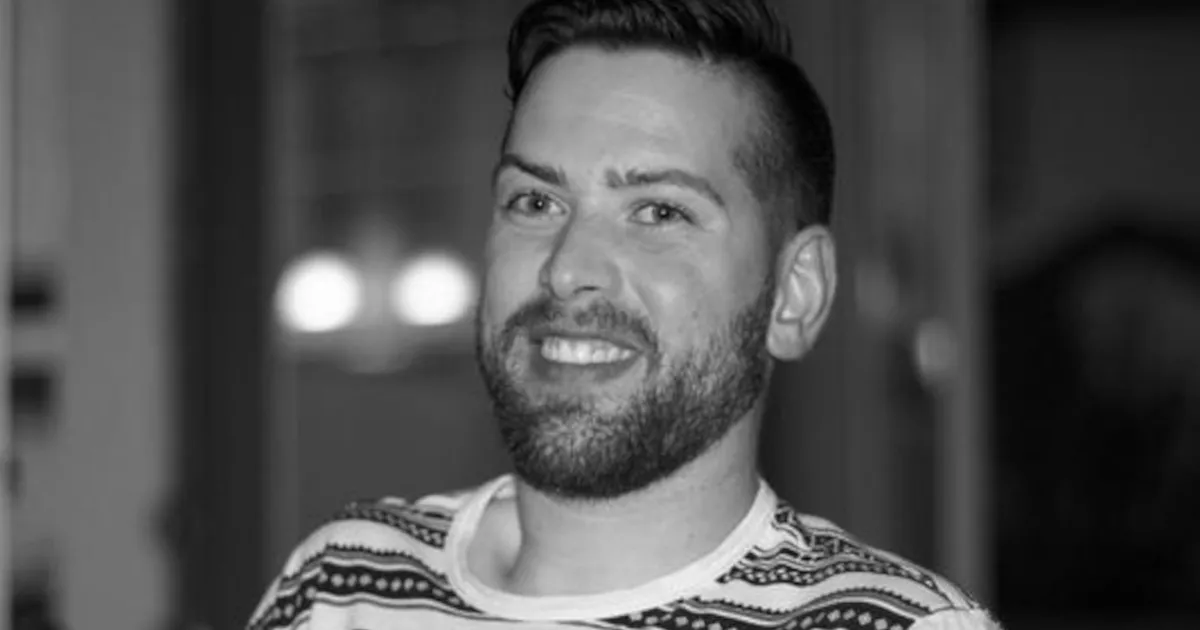I live with cerebral palsy. I experience a physical battle daily. But the financial burdens that impact myself and my loved ones create even more barriers than I already face. This is the reality for many disabled Canadians across the country.
Adequate disability benefits are critical to our quality of life — and our very survival.
It’s time politicians at all levels of government listened to the voices of disabled Canadians and truly understand our needs. Since 2020, we’ve been promised the Canada Disability Benefit — a federal income program to ‘top up’ provincial disability benefits so that we are no longer living in deep poverty.
We are still waiting.
Living with cerebral palsy means living with a steady physical ache at the best of times, paralyzing pain at the worst. I have limited use of my hands. I struggle to hold a coffee cup let alone feed myself.
I have virtually no use of my legs — I’m using a motorized wheelchair which, when I first got it, gave me the freedom to be in the world, but now puts me at risk of being stuck on the sidewalk or in an elevator simply because I do not have the thousands of dollars required to replace it; it’s over 10 years old now and repairs are costly and increasing in frequency.
My life is filled with joy and privileges. But my life is also far from easy.
There have been moments, due to the physical constraints of my disability, where I have found myself without work for long stretches despite a background in communications and a history of employment. This reality amplifies the emotional impact and financial burden I, and those close to me, endure daily when I am unable to work. In these times, the constant effort to prove my need for assistance, and the reliance on the kindness of others for basic necessities, weighs heavily.
Unfortunately, the system is designed to keep disabled persons in a cycle of poverty.
I live in Calgary in a congregate living setting, one of only a few buildings in the city dedicated to individuals with significant mobility and cognitive barriers. It is a province-run facility which takes 70 per cent of a person’s total income, regardless of what that income is. I have a basic suite (less than 500 sq/ft) with an accessible bathroom and a stovetop. They provide two meals a day and round-the-clock care for any of the 45 residents who require it.
If I manage to find work, my rent increases in proportion. If I make “too much” (more than $1000/month), I soon find my provincial Assured Income for the Severely Handicapped (AISH) payments being clawed back.
Currently in Alberta, AISH is $1,787 or just over $21,319 in annual income — well below both the official poverty line in Canada and Alberta.
I value my contribution to society, but within this system, the more I contribute, the less I earn. There is no way out of poverty.
The lifeline the promised federal Canada Disability Benefit offers goes beyond financial implications. It is an opportunity for transformation, empowerment and the ability to truly enrich society by lifting people with disabilities, if not out of poverty, at least up to a poverty line, where we may have some autonomy and freedom.
I challenge those of you who have been elected to represent and serve all Canadians to see beyond political rhetoric and fully grasp the humanity affected by your decisions. Truly hear the authentic voices of individuals like me who rely on disability benefits to navigate life.
I implore you to uplift an entire community.
Unleash the actions required to ensure that no individual with any disability faces the choice between rent or food, medication or repairs to a mobility device. We can choose to create a society that cherishes the dignity and worth of every person, regardless of their abilities or the constraints they face.
This life is all I’ve ever known. It’s not easy. But my journey stands as a testament to resilience. I am the embodiment of hope and strength. But none of these things make my life any less precarious.
Please do not give up on people like me. Make the Canada Disability Benefit a reality now.
David Oliver Wudel lives with cerebral palsy and is a resilient advocate for inclusion and fights poverty in the disabled community.
